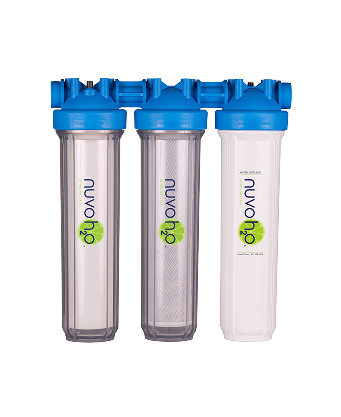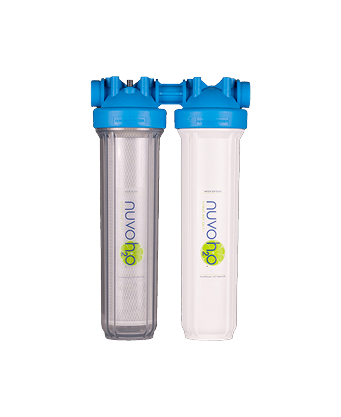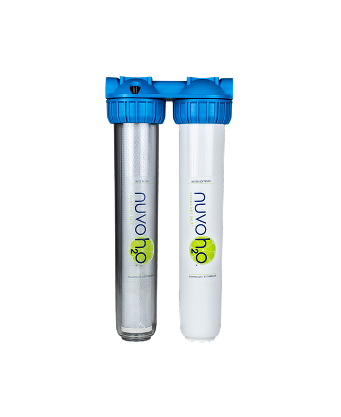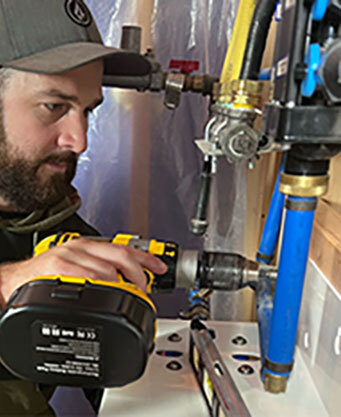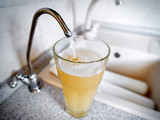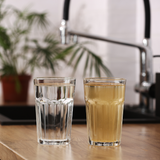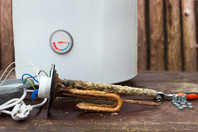
4 Big Ways to Improve the Energy Efficiency of Your Home This Summer
Posted by Tait Washburn on 7th Jul 2021
In the hot summer months or the cold winter ones, every homeowner knows the feeling of getting the monthly utility bill and feeling dismayed at how much electricity you used. Not only is it costly to you, but the environmentally minded may be worried about how much they’ve used and how it will increase their carbon footprint.
Home energy consumption is at its peak in the height of summer. This is exaggerated by those who live in climates that experience temperature extremes. Energy consumption not only comes at a big hit to the budget, but it can also have a big impact on our environment. And in this day in age, if you’re not concerned about our current climate crisis, you’re not paying attention.
In every season, the best methods for reducing your energy usage will vary. So, to make things a bit easier for you we’ve found 3 big ways to reduce your energy bills this summer and improve the energy efficiency of your home.
Optimized Air Conditioning
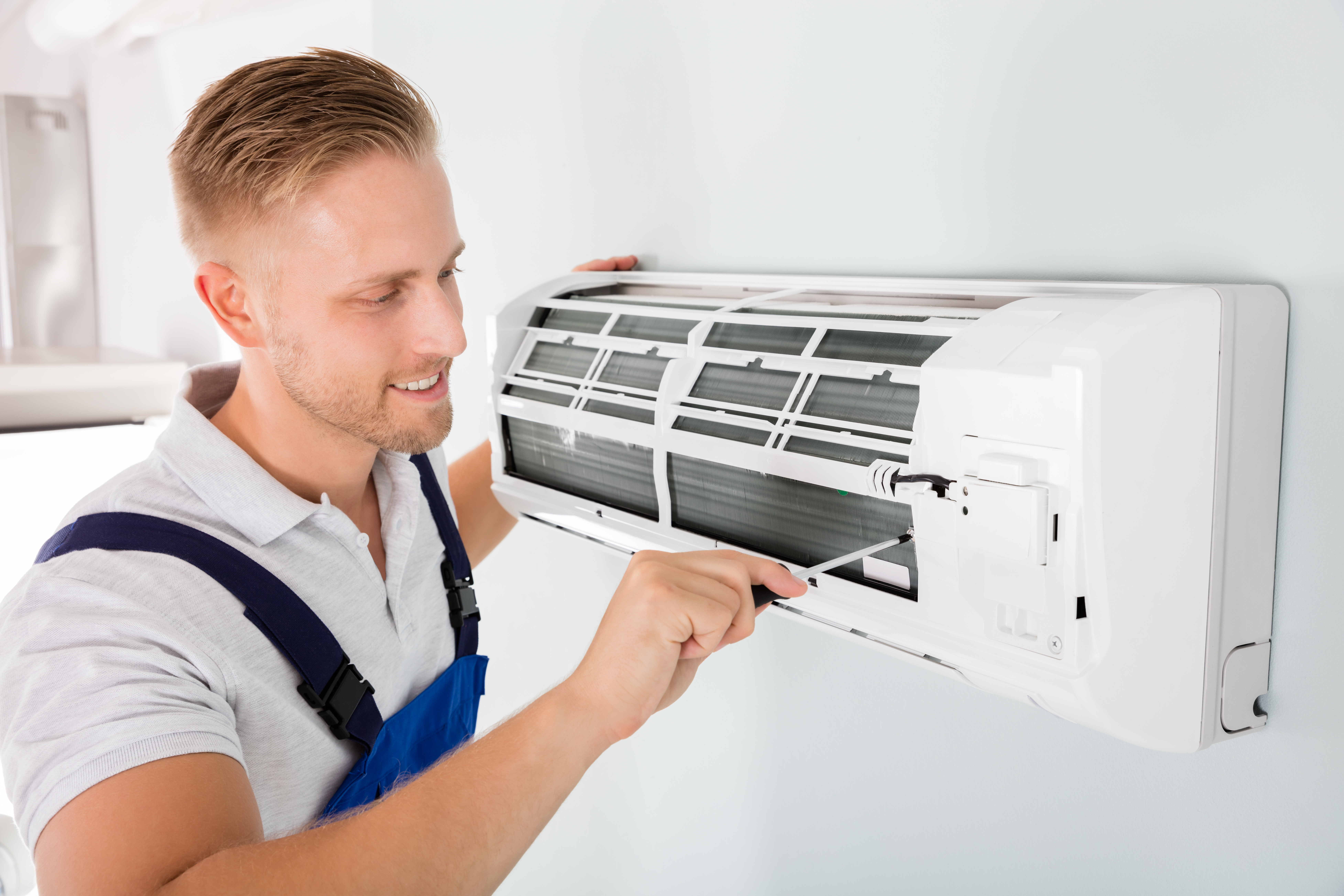
The most obvious place to save energy in the summer is with your AC unit. It may be difficult to keep on top of it, but regular AC maintenance is key to keeping your energy bills down. You can vacuum your air vents regularly to remove dust buildup, make sure your furniture isn’t blocking airflow, and replace your air filter regularly to make sure your AC doesn’t have to work harder than it needs to.
You can also keep your thermostat up a little higher, ideally around 74oF. When you set your thermostat lower, every degree of cooling may increase your energy usage by six to eight percent. You could consider bumping the temp up a degree or two when no one is home. A smart thermostat can help with this by allowing you to create temperature schedules that coincide with your family’s schedule. Your state or city government may even offer incentives for installing one. We recommend searching for rebates or other related perks in your area!
Running the fan in your AC unit will also help keep temperatures down and reduce the load on the AC itself, all while costing very little in power. While the fan itself doesn’t produce cold air, it will circulate the air in your home allowing for the air cooler rooms to mix and cool the areas in your home that tend to be warmer. Be sure to check the air filter within your heating/cooling system. If it gets too clogged, it will impede airflow. Running other fans in your home will only create more of this benefit. A good fan can potentially allow you to set your thermostat up to 4o higher with no noticeable change in comfort.
The Heat From Within
Even if you’re making the most of your home’s cooling, there could be a lot of room for improvements when it comes to how well your home is insulated from the outside temperatures. Proper blinds, upgraded windows, and good insulation can keep hot air out just as effectively as it keeps it in. If your home is more than 15 years old, it might be time to look into some upgrades.
Internally generated heat can have a larger effect on your energy consumption than you may expect. Your oven, for instance, can be a huge source of heat in your house. Even a gas range can increase your electricity use from your AC working to regulate the elevated temperature more than using the microwave. It’s summer, take to the grill and leave the heat outside where it belongs. Your dishwasher, dryer, and washing machine also produce a lot of heat while also using a lot of power. Try to only run full loads of dishes, run them in the evening or at night. If you’re really committed to reducing your carbon footprint, avoid the dryer entirely and allow the warm breeze outside to air-dry your clothes.
Try using a cold water setting on your washing machine, and take cooler showers, and reduce the temperature setting on your water heater. Your water heater may be 14 to 25% of your energy use.
Manage your Electronics
At any time of year, you can do a lot to make the other electronics in your home more efficient. Replacing any incandescent lights with LED bulbs is a simple and incremental change to reducing your energy. LED bulbs benefit is two-fold as they use 75% less energy and last 25X longer. Even if they cost a slightly more at time of purchase, they pay for themselves in longevity and operating costs. Another lesser known tip is to make sure your TVs and lamps are placed away from the thermostat. They don’t make a lot more heat overall, but at close range they can trick your thermostat into working harder than it has to.
The old and sage advice to unplug any unused electronic device still stands. Even when you’re not using them and they appear to be off, your computers, TVs, and small electronics use a small but steady amount of power. Many digital devices don’t fully turn off, but instead go into a ‘standby’ mode with only reduced power usage. For safety and longevity of your computer and similar, consider placing it and it’s accessory devices on a single power strip with a power switch. You can fully cut off the power for your computer while not wearing down your outlet and power cords with undo plugging and unplugging.
Get Energy Efficient Appliances and keep them Efficient
One of the best ways to reduce your energy consumption is getting appliances that simply use less energy. ENERGY STAR rated appliances may be more expensive, but well worth your investment. Proper maintenance of your appliances can keep your energy bill down and be cheaper in the long run.
Just as replacing the air filter in your furnace/AC unit monthly is an essential step to maintain your home’s HVAC system. Installing and maintaining a water softener is essential to keep hard water scale from forming on the heating elements of your water-based appliances. When heating elements are encrusted, they have to work harder than is efficient. If you want to protect your new water-based appliances, faucets, and nearby surfaces, as well as remove the hard water buildup that may exist, while also being mindful of your environmental impact, check out our NuvoH2O water softening technology.
Impact - Big and Small
Improving your home’s energy efficiency is a smart thing to do, both for the environment and for your wallets. Being smart about your AC use, managing internally generated heat, and decreasing the amount of energy demands of unused devices are all good ways to be financially and energy efficient through the summer. Stay calm and cool indoors while watching that thermostat go up slightly confidently knowing your energy bill won’t.

